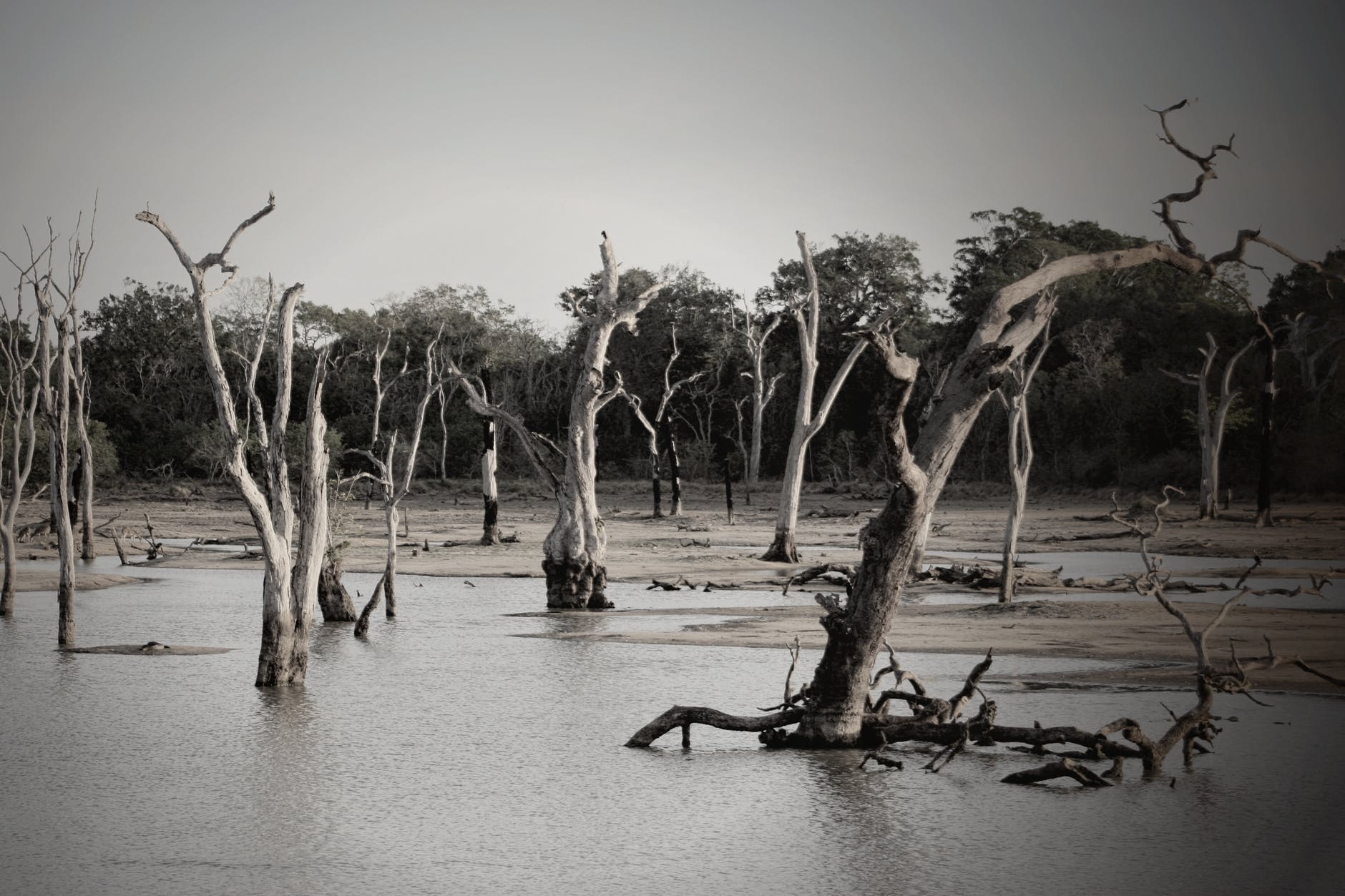
Welcome again to another Saturday Sermon. This week’s topic is inspired by the story of Noah and his floating zoo. There are many people who believe that the Bible is a direct telling of the history of life, the universe, and everything and the faulty math of a 17th century archbishop provides their timeline. I speak, of course, about Young Earth Creationists.
A quick disclaimer before I begin, I am not going to be talking in detail about the science that easily and thoroughly refutes the ideas of Young Earth Creationism. I am not a cosmologist, biochemist, biologist, geologist, archeologist, or paleontologist, and have no credentials to debate these topics. That’s not to say that I don’t understand science; I understand a lot of it in my mind, but I do not have the ability to explain it myself. Anyway, on to the sermon.
One of the mainstays of biblical literalism is the idea that the Genesis account is exactly how everything came into being. It is touted by the likes of Ken Ham, Kent Hovind, and other preachers and proselytizers as the alternative to evolution. However, that is not at all the case. In actual scientific terms, evolution refers to the biological process of change in populations of species over time. Creationists tend to lump everything including the Big Bang theory, galaxy formation, the formation of our solar system, formation of earth, and abiogenesis as well as the aforementioned biological process under the umbrella term, “evolution”.
Young Earth Creationism is the idea that everything in the universe was poofed into existence in six literal days six thousand years ago. Six thousand years? Yes, Archbishop James Ussher, obviously in a moment of boredom, decided that he would work his way backward through the Bible and add up the ages of the patriarchs in order to calculate the exact date of creation. The date calculated was October 22, 4004 BCE and Noah’s flood happened in 2350 BCE.
Creationism is not science. It’s the assertion that the Bible is literally true and the flood of Noah actually happened. It did not. How do we know? There are records of at least a few civilizations that were shockingly unaffected when a GLOBAL FLOOD washed everything off the face of the earth (or under the face of the earth? Around the face of the earth?) except for a bronze-age floating zoo and a six hundred year old man and his family.
While I am not a qualified scientist in any of the above-mentioned disciplines, I can look at the story of Noah’s Ark and say, without hesitation, that it absolutely, positively, DID NOT HAPPEN. How did Noah and his three sons gather all of the animals from all over the world, including from Antarctica, Australia, and the Americas?
Also, Chapter 1 of Genesis has the order of creation in one way, but in Chapter 2 it’s in a different order. Right there we can clearly see that Bible is not the literal telling that Ken Ham of Answers in Genesis tries to tell us it is. There are also creationists that claim that Moses wrote Genesis and that it’s the oldest book of the Bible. Job is generally agreed to be the oldest book in the Bible.
Genesis is collection of parables that were handed down orally until they were written down, or they were stories adapted from earlier writings, such as the Sumerian tablets or the early writings of Zoroastrianism. The Bible is not a history or a science book, It’s a story book that people believe in.
Announcements:
Not much in the way of announcements, but I would like to welcome those who have liked my posts and commented. I will be responding to comments if I haven’t started already.



